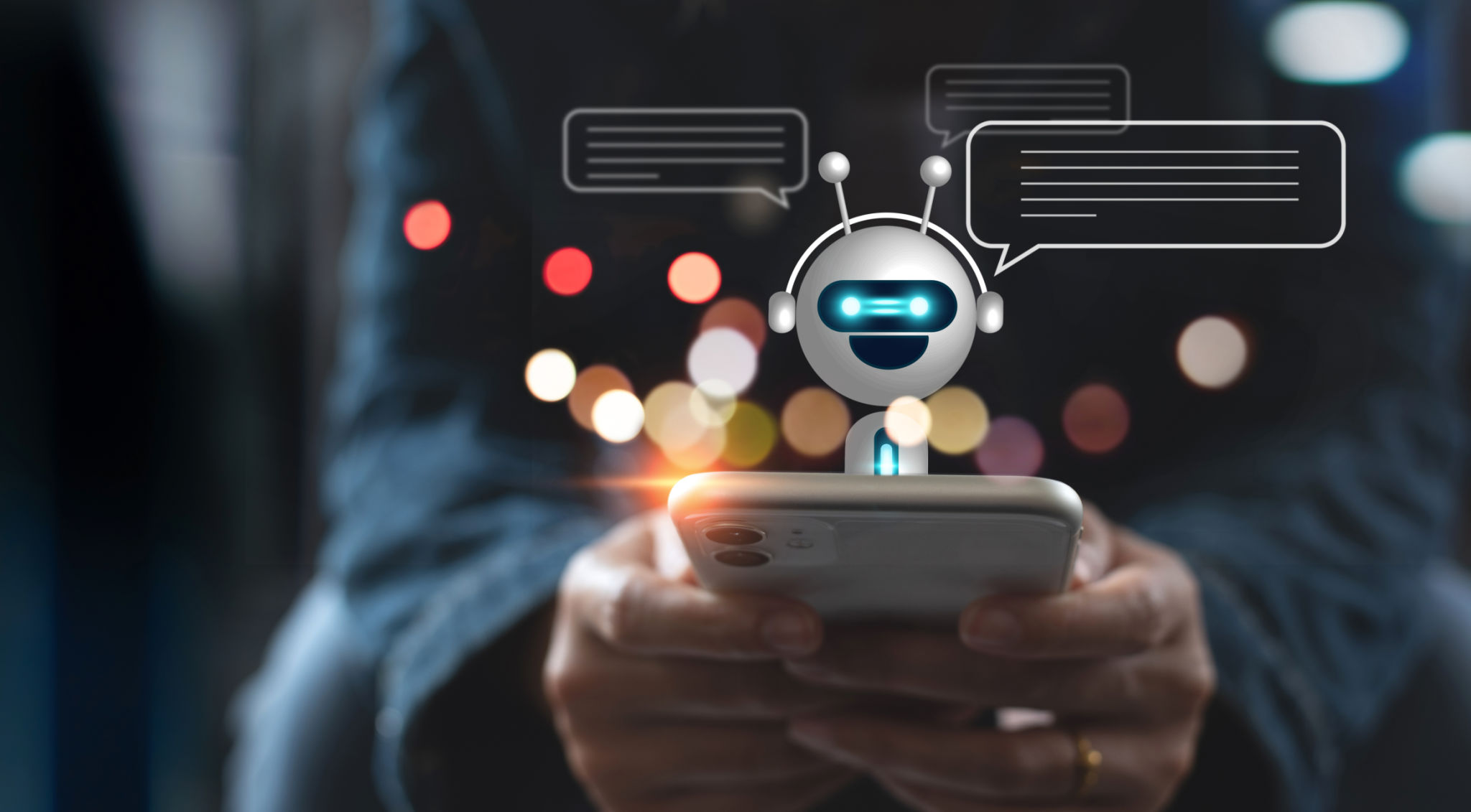Case Study: Improving Response Times with AI Chatbots in the Hospitality Industry
Introduction to AI Chatbots in Hospitality
In the fast-paced world of the hospitality industry, ensuring quick and efficient customer service is paramount. Recently, many businesses have turned to AI chatbots to enhance their response times, transforming how they interact with customers. This case study explores how AI chatbots are revolutionizing the hospitality sector by improving response times and overall customer satisfaction.

The Role of AI Chatbots
AI chatbots are designed to simulate human conversation, providing instant responses to customer inquiries. In the hospitality industry, they handle a variety of tasks, such as answering frequently asked questions, booking reservations, and providing information about services. This not only frees up human staff to focus on more complex tasks but also ensures that customers receive immediate assistance any time of day.
One of the most significant advantages of AI chatbots is their ability to operate 24/7. Unlike human agents, chatbots don't need breaks or sleep, allowing them to provide uninterrupted service. This constant availability is a game-changer for hotels and resorts that cater to international guests across different time zones.
Case Study: Implementation and Results
A prominent hotel chain recently implemented AI chatbots to improve their customer service operations. Before the integration, the average response time to guest inquiries was over an hour. The hotel aimed to reduce this time significantly and improve guest satisfaction scores.

After deploying AI chatbots on their website and mobile app, the hotel experienced a drastic reduction in response times. The bots were able to handle up to 70% of inquiries instantly, with an average response time of under two minutes. This improvement not only enhanced the guest experience but also led to a 30% increase in bookings within the first quarter.
Benefits Beyond Speed
Apart from faster response times, AI chatbots offer several other benefits. They are capable of collecting and analyzing data from interactions, providing valuable insights into customer preferences and pain points. This data-driven approach allows businesses to refine their services and offer personalized experiences to guests.
- Cost Efficiency: Reducing the need for extensive customer service teams.
- Scalability: Handling a large volume of inquiries without additional resources.
- Consistency: Ensuring uniform quality in responses to common queries.

Challenges and Considerations
Despite their numerous advantages, implementing AI chatbots comes with its challenges. It is essential for businesses to ensure that these bots are continuously updated with relevant information and trained to handle complex queries. Additionally, there must be a seamless handover process to human agents when necessary, ensuring that customer service quality is maintained.
The initial investment in AI technology may also be substantial. However, considering the long-term benefits such as improved efficiency and higher customer satisfaction, many businesses find it a worthwhile investment.
Conclusion
The integration of AI chatbots in the hospitality industry marks a significant step forward in enhancing customer service. By improving response times and offering valuable insights, these technological advancements help businesses stay competitive in a rapidly evolving market. As AI technology continues to develop, its impact on hospitality will only grow, making it essential for industry players to embrace these changes proactively.
